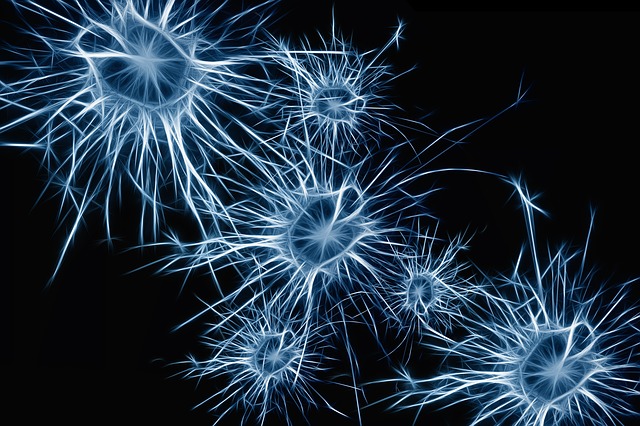During a meeting organised by the US National Institutes of Health (NIH), a neuroscientist from Yale University, Nenad Sestan, revealed that, while conducting research to construct a comprehensive atlas of connections between human brain cells, his team succeeded in keeping decapitated pig brains alive for almost 36 hours.
The techniques employed, “which are similar to those used to preserve transplant organs”, involved restoring “the circulation of blood vessels present in the brain using a pump system and bags of artificial blood heated to body temperature”. They noted that, after restoring the flow of oxygen in the brain, “billions of cells were healthy and capable of normal activity”.
This technique, which “could work in all species”, including primates, raises important ethical issues: “What if this technique were used in humans?” If a person’s brain were removed from the body and then resuscitated, would that person be conscious? And what happens to this brain afterwards? Or would the person “retain their memories or identity after the trauma of brain death? And, reduced to a single organ in a jar—what about legal status? And what about rights?”
With regard to Professor Sestan’s experiment, the electroencephalograms recorded in pigs “showed a flat brain wave equivalent to a comatose state. The dead pigs were therefore unconscious. If their brain could be considered as living, it would function automatically”. He believes that “these brains could be kept alive indefinitely”.
Could they be revived? No—not if the comatose state were due to injuries or brain death. However, if it occurred following the addition of “chemicals such as those added by the Yale team to artificial blood to prevent the tissue from swelling, and which also substantially reduced neurone activity, then, in this case, consciousness could be restored. And this consciousness would be closed off in the most extreme way”.
Aware of the fact that caution should nevertheless be exercised with experiments conducted in this hitherto “unexplored” area, on 25 April, the neuroscientist co-signed an article published in the journal Nature, calling for specific legislation for experiments conducted on the human brain (see Human brain organoids implanted in animals: scientists question the ethics behind this).
Sciences et avenir, Emmanuel Guillet (30/04/2018) ; Allo docteurs (30/04/2018)

